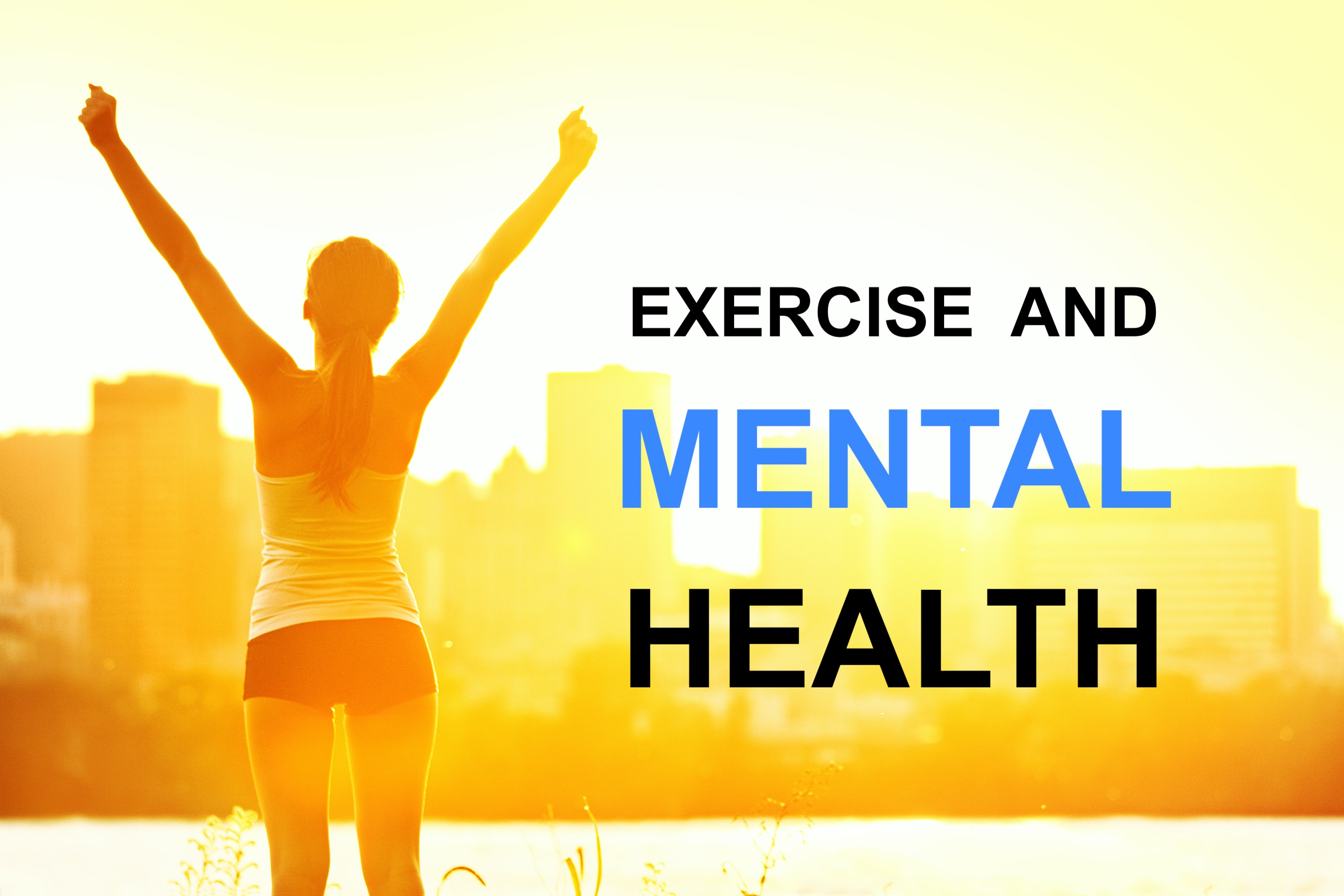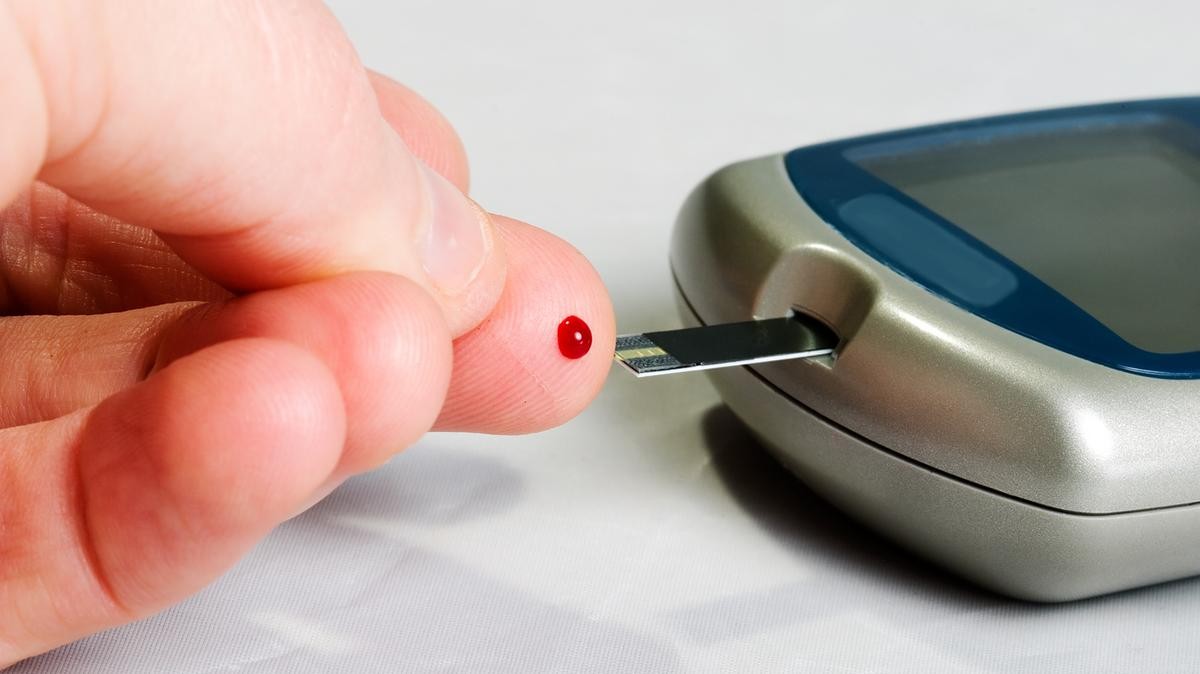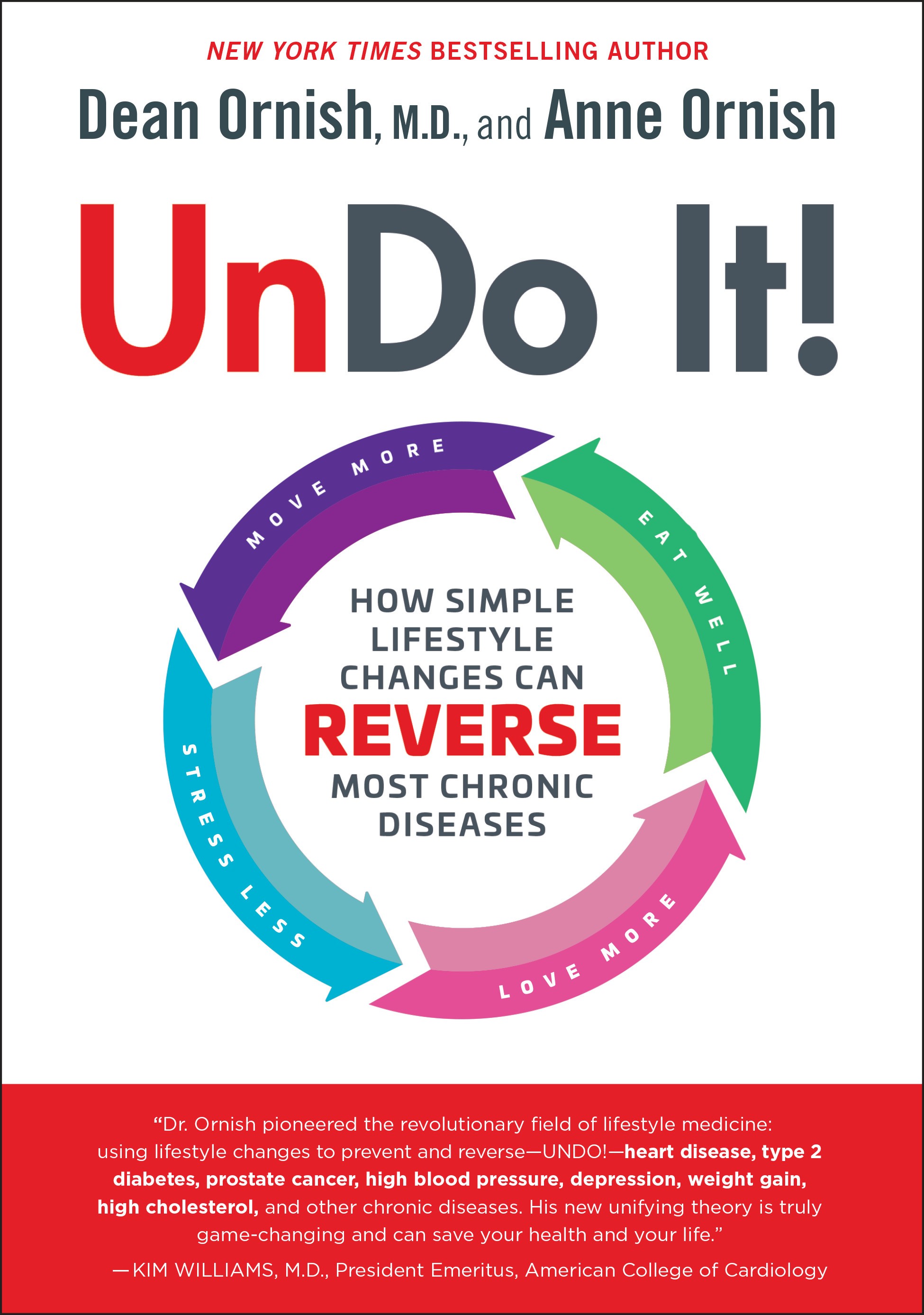While you might receive different reactions when you ask people how they feel about exercising, one question regarding exercise almost always receives a positive response --- do you feel better about your physical state of being after exercising?
However, the question remains, does working out regularly help improve an individual’s mental state as well as their physical state? While there are a lot of questions regarding this topic, more especially for those who commonly battle with more serious mental health issues, there is solid research to suggest that those who exercise on a regular basis are less likely to experience symptoms of depression. And while this may not be true in all cases, studies do report that physical activity does indeed play a significant role in an individual’s state of mental being.
2018 Study
Although there have been many previous studies about the effect exercise has on mental health, the one performed by the National Institute of Health was profoundly positive regarding exercise and positive mental affects associated with it.
The study focused on three questions. The first asked if any of the respondents had been informed by a health professional if they had suffered from depression or dysthymia. If they answered yes, the second question focused on how the patient felt over the past 30 days in terms of their mental state. At that point, the survey asked what type of physical activity associated with exercise was performed over the same 30-day period.
The survey also broke down the type of physical activity, frequency, and intensity which resulted in 75 different types of exercise being used; the results of the survey were enlightening.
Survey Results
Out of 1.2 million surveys with over 850,000 adults responding, just over 43% of those who exercised regularly reported fewer mental health issues compared to those who did not exercise. What was more interesting is that age, race, and income levels did not seem to play a role.
That means exercise does seem to have a positive effect on an individual’s mental state no matter their situation. From this extensive survey, the question now becomes what type of exercise works best for the needs of the individual.
Questions About Exercise
Now that we know exercise has a positive impact on an individual’s mental state, the question remains, what type of exercise is most beneficial?
To ascertain the best exercise to meet their needs, here are three important questions an individual should ask themselves before beginning.
- How many days per week should I exercise?
- How long should each exercise routine last?
- How intense should each exercise routine be?
- What types of exercise provide the most positive effects on mental health?
The answers to these questions will provide guidance in your decision about incorporating exercise into your daily routine.
How many days per week should I exercise?
For anyone who is starting out, the point should be to make exercise a daily part of your routine. Exercising five days a week should be the goal even if you can only commit a few minutes each day at first.
How long should each exercise routine last?
Once the habit is established, the most beneficial time in terms of improving mental health seems to be from 30 to 60 minutes each day of exercise --- 45 minutes is the optimal time. A 45-minute exercise session three to five days a week produces the best results in most people. That does not mean it works the same for everyone. But it does indicate an average that seems to work the best.
It should be noted that once you get past 60 minutes the mental benefits of exercise begin to drop off. There is no indication that working out 90 minutes or more each day is more effective compared to 45 minutes. What’s worse, exercising for three hours per day seems to carry even worse effects compared to not exercising at all.
The best option for most individuals should include resistance training (anaerobic) 3 days a week and cardio training (aerobic) exercise the other 2 days. Switching out not only improves the body’s responses, it can also help improve mental focus as well.
How intense should each exercise routine be?
The study found that vigorous or strenuous exercise worked better compared to light and moderate exercise. Research is not clear as to why this is so, but it’s believed that it is because vigorous and strenuous exercise requires greater concentration. In other words, lifting weights requires more mental engagement compared to walking or even jogging. The result is that vigorous or strenuous exercise seems to reap better results for mental health.
The downside is the greater risk of injury when engaging in strenuous exercise. Someone who is just starting out should not engage right away in an exercise that might cause an injury to occur. While muscle soreness is common, straining the muscles or worse, spraining ankles or damaging ligaments and tendons can put you on the sidelines for quite some time.
For those who are starting out, working your way up to more vigorous exercise seems to be the answer. It allows the body to get used to the greater stress and helps prevent injuries from occurring. That way, you can respond better both physically and mentally.
Individual’s seeking assistance with developing a fitness plan designed to meet their specific needs or for those looking to hire a fitness professional to train them on their journey to better health can find such fitness professionals at www.XUBIFIT.com
What types of exercise provide the most positive effects on mental health?
The truth is, all types of traditional exercise are effective when you increase your daily physical activity. For those starting out, walking, cycling, and basic aerobic exercise may provide a strong effect on countering the feelings of depression for those who suffer from such conditions. Additionally, other forms of exercise such as yoga and tai chi which incorporate mental concentration as much as physical movement can also have a positive effect against depressive mental states.
You should find the form of exercise that works best for you. But do not be afraid to try different types of exercise to keep from being bored. Boredom is one of the biggest reasons why people quit exercising, so a change of pace from aerobic to anaerobic is always welcome. If you need some assistance with developing a fitness plan designed to meet your specific needs you can find such fitness professionals at www.XUBIFIT.com
Additional Benefits
While you may or may not benefit immediately in terms of noticing a more positive mental state, there is little doubt that exercise would not improve your physical wellbeing when performed correctly. Just like it takes time to see the physical benefits from exercise: weight loss, improved muscle tone, increased flexibility, so too will it take time for exercise to translate to an improved mental state.
Will It Work?
There is no guarantee that increasing your physical activity will result in having an improve mental state. It can only be said that those who engage in such activities are less likely to suffer from symptoms of depression and other mild or moderate mental conditions. The role of diet, genetics, and medical history plays a strong role in your overall state of mental health as well.
Perhaps you might also consider a proper diet; which may also include dietary supplements. This is particularly true if you are overweight. Losing the excess fat requires a reduction of caloric intake and burning more calories. This means that you need to adjust your diet to improve the results.
In addition, adding protein can help the muscles repair themselves after a workout. For those who perform resistance exercises, this means recovering faster and enjoying better physical results quicker. Whether this improves your mental state is another question, but it does seem that losing excess fat helps individuals feel better about themselves.
One effect of engaging in a good exercise program is that it has been shown to reduce stress. The reduction of stress levels does have a positive effect in terms of your mental state. Exercise can take your mind off your troubles which means that the stress levels are lowered in the body. The lower the stress, the less likely you are to suffer from depressive mental states.
Keep in mind that exercise alone is not considered a treatment. Be sure to consult with your physician before starting an exercise program. In addition, those with serious mental conditions that require prescription medication may not enjoy the same results as those with milder symptoms in terms of exercise. This is not to say that exercise cannot be beneficial, but if there are other factors involved then they should be treated by your physician first.











